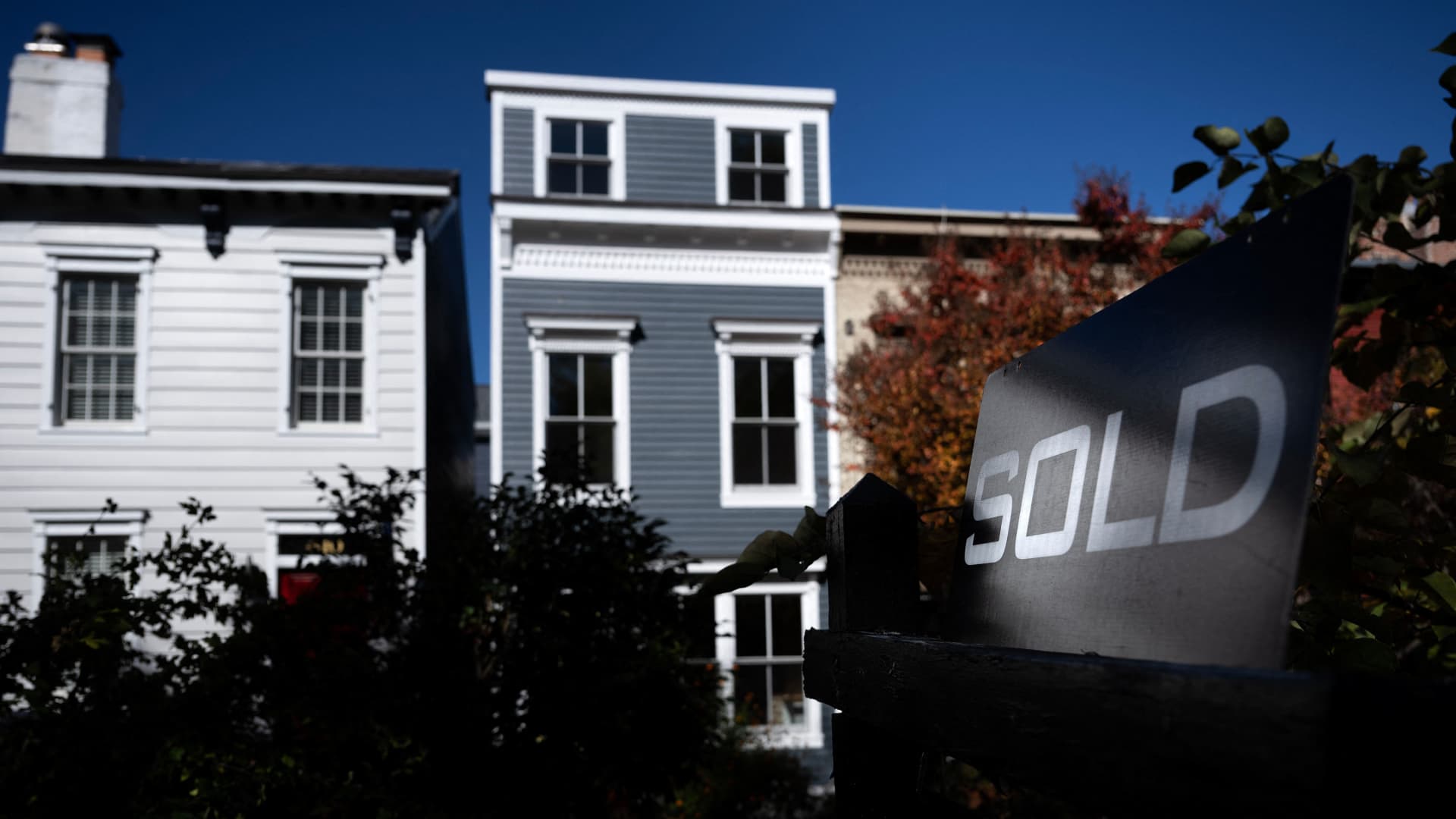Mortgage rates rose for the third straight week last week, hitting the highest level since November. As a result, mortgage application demand dropped 2.7% compared with the previous week, according to the Mortgage Bankers Association’s seasonally adjusted index.
The average contract interest rate for 30-year fixed-rate mortgages with conforming loan balances ($766,550 or less) increased to 7.24% from 7.13%, with points increasing to 0.66 from 0.65 (including the origination fee) for loans with a 20% down payment.
Applications to refinance a home loan, which are most sensitive to weekly moves in interest rates, fell 6% for the week and were 3% higher than the same week one year ago.
Applications for a mortgage to purchase a home fell 1% for the week and were 15% lower than the same week one year ago. As home prices rise along with interest rates, potential buyers’ purchasing power are suffering a double whammy.
“Purchase applications declined, as home buyers delayed their purchase decisions due to strained affordability and low supply,” said Joel Kan, MBA’s deputy chief economist.
As often happens when affordability takes a hit, the adjustable-rate mortgage share of applications rose last week to 7.6%. ARMs offer lower rates and can be fixed for up to 10 years, although they are considered riskier.
Mortgage rates have eased very slightly so far this week, but there hasn’t been much economic data to influence them. That will change next week, when the all-important monthly employment report is released.
